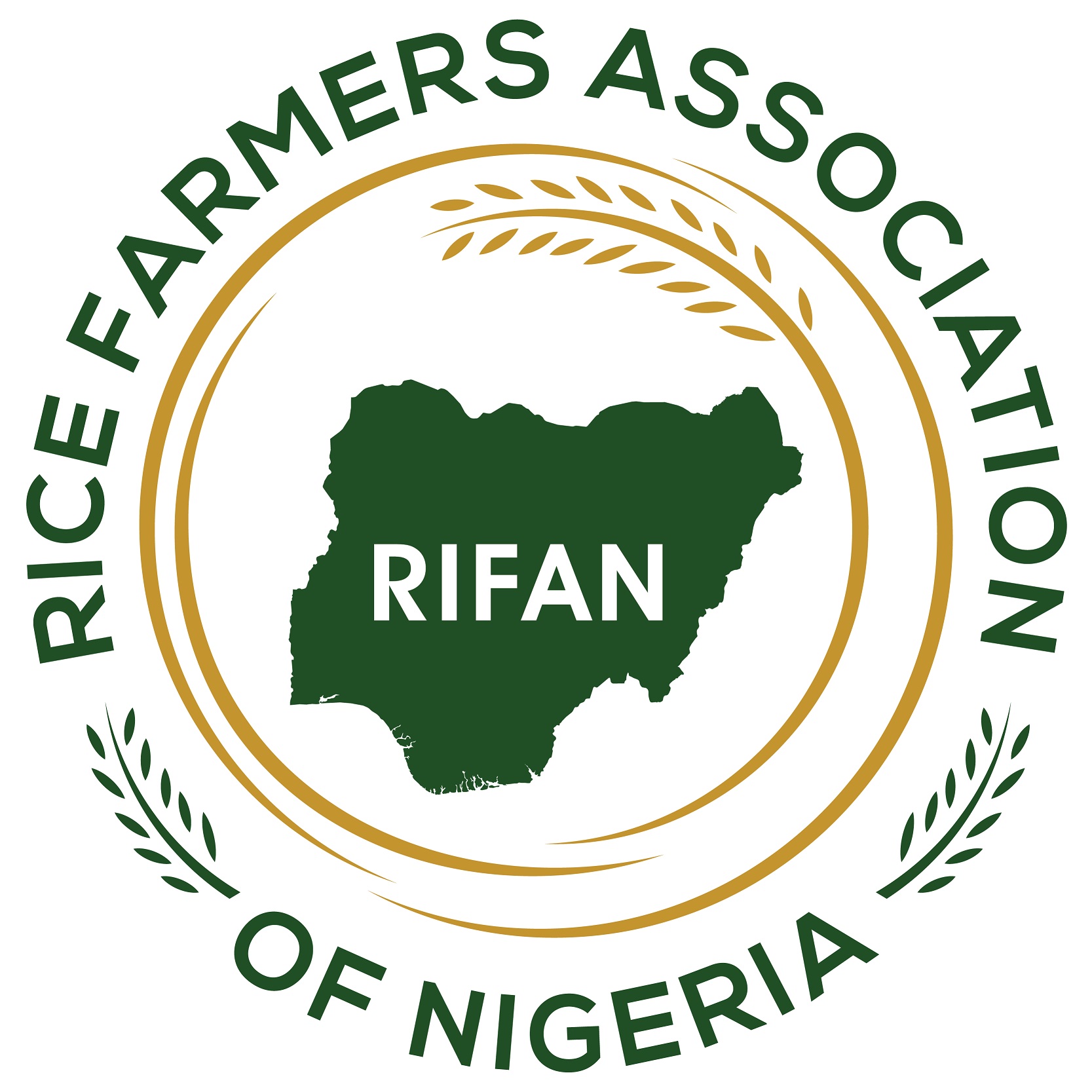…Farmers now planting lowland varieties in upland areas
Since President Muhammadu Buhari ordered the closure of borders to control smuggling activities in August, 2019, rice has taken the centre stage in national conversations in the agricultural space.
Farmers applauded the gesture whereas importers embarked on campaigns for the borders to be opened because they argued that the country was not producing enough to meet domestic demand of over 7.1 million tonnes of milled rice.
- Dangote Distributes Tomato Seeds To 5000 Farmers In Kano
- Prioritise Nutrition Needs Of Poorest Households, Govt Urged
The border closure brought so much attention to rice as many farmers, investors and processors increased their capacities.
The President of the Rice Farmers Association of Nigeria (RIFAN), Alhaji Aminu Goronyo, said within a short period of the ban many mills were resuscitated and production increased.
Alhaji Aminu said, “The CBN governor has directed RIFAN to mobilise 1,000,000 farmers that can quickly produce 5,000,000 million metric tonnes during the dry season farming commencing in November, 2020.”
Also, Alhaji Idris Abini, Chairman of Niger State chapter of RIFAN, said the closure had increased rice production because the demand by marketers and consumers had scaled up.
Alhaji Idris said, “Although we are yet to meet local demand for rice, we have started the journey to produce more rice due to the closure of our borders because effort will be made by both government and farmers to produce enough food.
“The border closure is a right step in the right direction because it is already increasing wealth among farmers as consumers are beginning to patronise our local rice.”
Mrs. Nnenna Ejim, the Women Leader of RIFAN, said the border closure motivated many farmers, especially new ones, to go into rice production.
Mrs. Ejim said, “This year, it is like every farmer is cultivating rice. They are motivated by the policies of government like the Anchor Borrower Programme (ABP) and the border closure. As more people join in, the price of local rice will eventually drop.”
Mrs. Halima Namo, a widow and a new rice farmer, said she was motivated by the hype on rice and that she is not regretting it. She explained that she planted upland rice in one of her farms and had so far harvested five and half bags, and added that many women in her village along Doma-Lafia Road now cultivated rice and that the price was N18,000 per 100kg bag in most markets around them.
This reporter also found out that lowland rice like Faro44 (popularly called Sipi) is now grown in places that were hitherto for groundnut and maize in parts of southern Nasarawa State and in Gwagwalada, Kwali and Bwari area councils of the FCT.
In a conversation with Daily Trust, a food crop production expert, Mr. Onoke Akhibi, said the policy on border would motivate rice farmers to produce more, adding that before now pressure had been on local producers as smugglers brought in what could be produced in the country.
Mr. Akhibi expressed satisfaction that for the first time Nigerian farmers and processors had the opportunity to service the over 7 million metric tonnes annual market demand in Nigeria.
With the policy subsisting, more rice processing facilities and investments have also increased significantly in the past four years. Many millers now go after farmers in their communities and houses seeking paddy, and there is pressure to produce more.

 Join Daily Trust WhatsApp Community For Quick Access To News and Happenings Around You.
Join Daily Trust WhatsApp Community For Quick Access To News and Happenings Around You.

